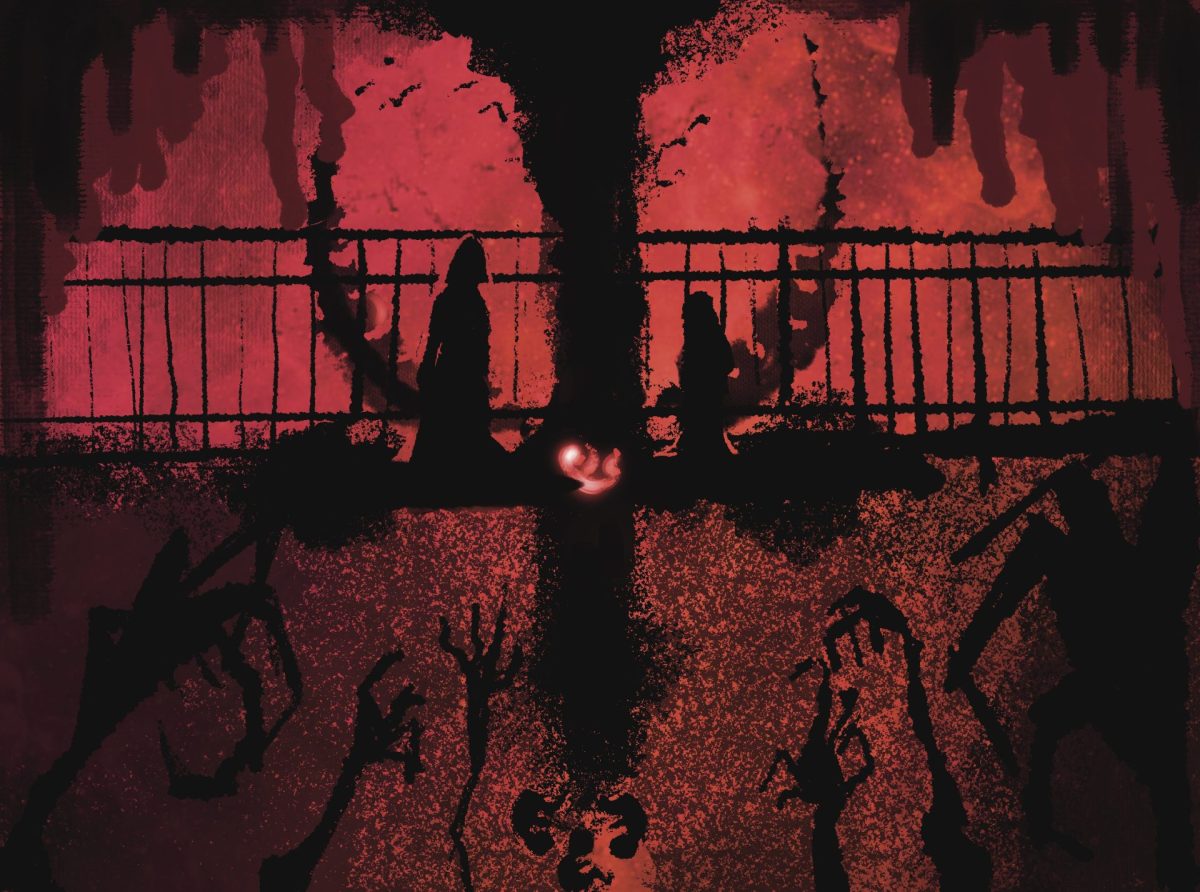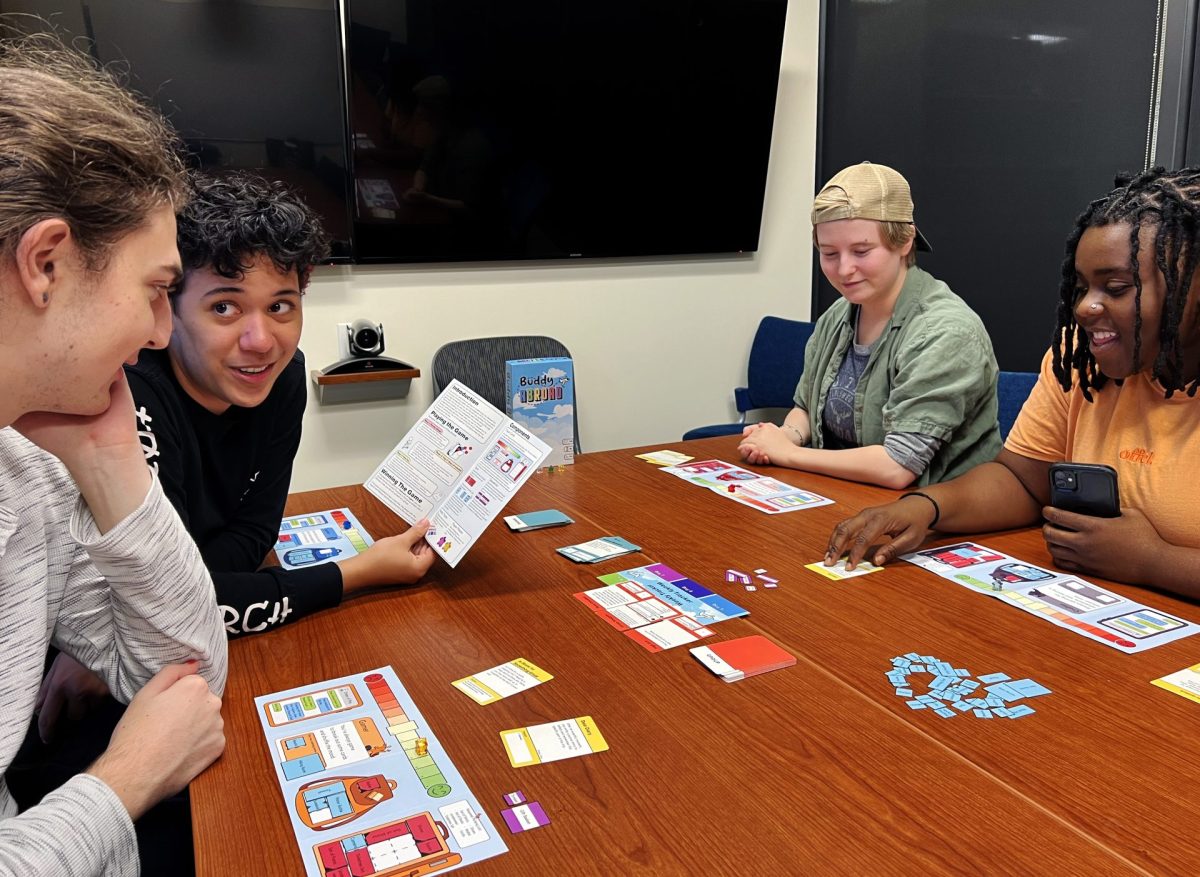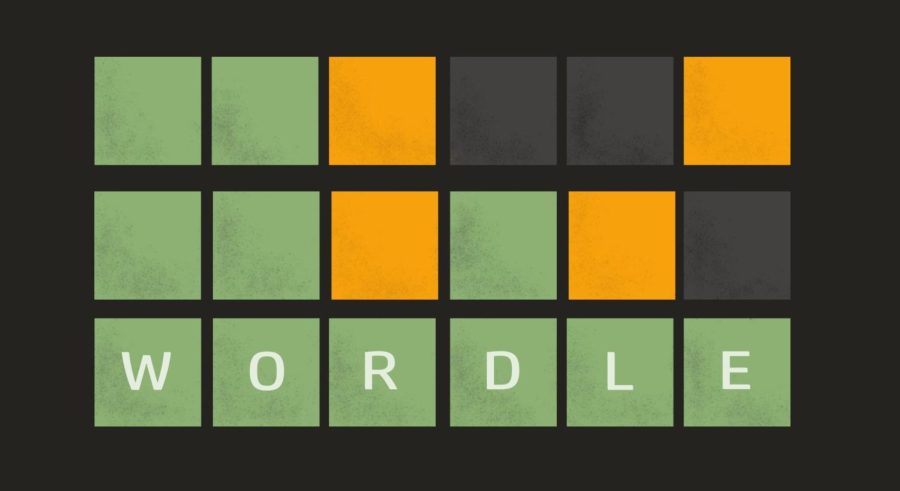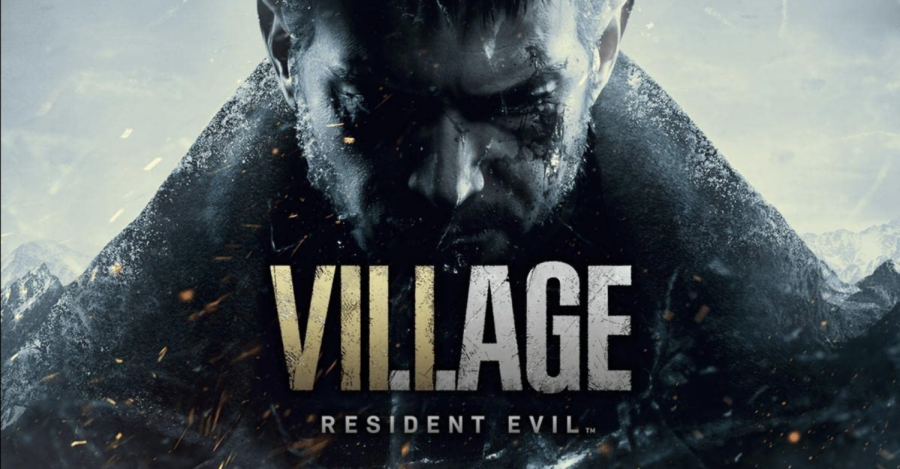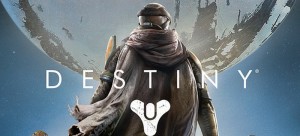
“The” is a popular word in sci-fi. The Force. The Covenant. The Fremen. Something about that definite modifier just makes everything sound so… definitive. But “Destiny” might take it a bit too far: The Guardians defend The Traveler from The Darkness by using The Light and fight The Fallen and The Vex and and a slew of other the-plus-noun’s.
Congratulations — you now know the whole breadth of the storyline of “Destiny.” It is certainly moving stuff. Thankfully, most of us aren’t playing the game for its plot. We’re playing because we want to shoot zappy guns at green aliens with a rude amount of limbs. In that regard, “Destiny” delivers in spades.
Developed by Bungie, the same studio that brought us the first three “Halo” games, “Destiny” is an odd little hybrid of some of the more trendy genres. The family resemblance to “Halo” – in art, level design, and music – is immediately apparent, but there’s also some DNA here from “Skyrim,” “Assassin’s Creed” and “World of Warcraft.” The result is a play experience that inherits some of those games’ finest moments, but also more than a few of their most egregious sins. Level grinding, anyone?
In terms of actual gameplay, the action is divided between “story”-driven Player vs Environment segments and arena-style Player vs. Player combat. In PVE, you and up to six others scout out vistas throughout the solar system, bringing hell and bubblegum to whatever enemy-of-the-day you find. For the first little while, it’s 8 kinds of fun. Varied environments and powers let you experiment with tactics, and it’s hard to describe the thrill of jumping off a rocket-bike on Mars while shooting missiles at a swarm of homicidal robots. But eventually you explore everything there is to explore and kill all that the gods gave you to kill. Even the rocket bikes feel repetitive.
PVP offers a break from that monotony in a big way. It is here – as with earlier Bungie titles – that the game truly shines. There are four basic modes to choose from: Rumble (Kill Everyone Else), Clash (Big Kill Everyone Else on The Other Team), Skirmish (Small Kill Everyone Else on The Other Team), and Control (Kill Everyone Else on The Other Team and Take Their Stuff). All of them, if you couldn’t guess, are some variation on the theme of “kill those guys,”. When it works, it is dozens of hours of bloody fun.
The downside, besides the usual obnoxiousness inherent to any online gaming experience, is some acute balancing issues. Like many games, “Destiny” uses a leveling system that goes up with experience. Higher levels get better weapons, more abilities and a hardier life bar. But unlike other online multiplayer games, which will often group players in online matches with others of similar levels, “Destiny” simply throws everyone together helter-skelter. It is not uncommon to see level 5 players alongside level 25s, and gods only know how many team matches have been lost simply because one side was full of raw recruits, the other stacked with veterans. It’s discouraging to beginners and, one would think, dull for experienced players seeking a challenge. If Bungie is smart, they’ll release patches over the coming months to address this. If not, the game could very easily become an impenetrable niche.
The best – and worst – anyone can say about “Destiny” is that it is remarkably average. Solid mechanics, intriguing atmosphere and gorgeous design are too often overshadowed by repetitive gameplay, unbalanced multiplayer and a paper-thin story. It definitely establishes a foundation upon which Bungie could build something grand, but at the moment it’s just another generic sci-fi game – complete with Space Marines and all the SPACE NOUNS you can VERB.




![DePaul sophomore Greta Atilano helps a young Pretty Cool Ice Cream customer pick out an ice cream flavor on Friday, April 19, 2024. Its the perfect job for a college student,” Atilano said. “I started working here my freshman year. I always try to work for small businesses [and] putting back into the community. Of course, interacting with kids is a lot of fun too.](https://depauliaonline.com/wp-content/uploads/2024/04/ONLINE_1-IceCream-1200x800.jpg)

